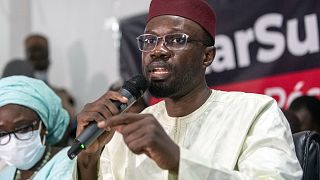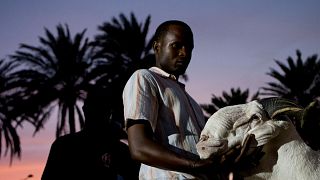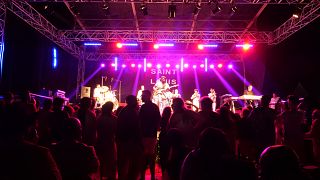Senegal
Herders in Northern Senegal can no longer move their livestock. They are thousands of semi-nomadic Fulani stuck in the Louga region, where they have been since the beginning of the coronavirus pandemic.
Restrictions imposed by the government to contain the virus have coincided with the most difficult months of the dry season.
“Everything has changed since the measures taken against the coronavirus, trade is no longer taking place, everyone has to stay in their own area. Everything is blocked and prices are falling. We’re selling the cattle at half price”, Amadou Aliou Sow, a Fulani herders said.
Traditionally, pastoralists move with their livestock from north to south, through Louga, and further afield when the pastures dry up, before returning north with summer rains. But recent times have been difficult. Unable to move far away in an inhospitable landscape, pastoralists have been forced to spend what little money they have to feed their animals.
Mamadou Baba Sow is the Director of the Doli Reserve. He said COVID-19 restrictive measures have been an enormous challenger for herders in the country.
“There are restrictive government measures that prevent them from travelling. We also have to consider that there are some who want to come. If they still have some pasture in their area, they will stay. Out of fear of the Covid-19, out of fear of the measures”, he said.
To make matters worse, the late and erratic rains of recent years have been blamed for the poor quality of pastures, complicating the lives of herders.
AFP












01:45
Empowering youth in agriculture could boost global economy, FAO report says
00:58
Senegalese PM Sonko says international order is shifting to a more balanced, multilateral world
01:00
Pix of the Day: July 3, 2025
01:06
China, Senegal pledge stronger strategic partnership during Beijing talks
02:08
Gunman attack in north-central Nigeria: death toll climbs to 150
01:51
In this Moroccan crocodile park, children learn about the environment